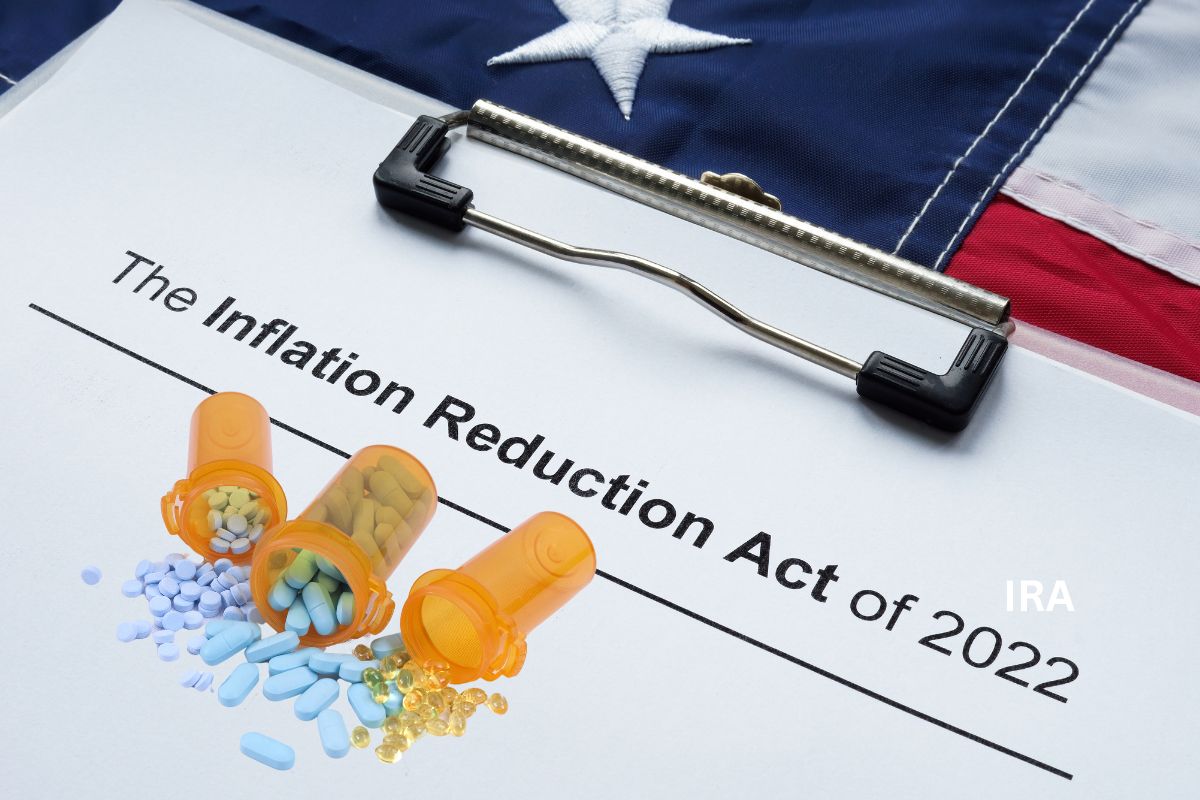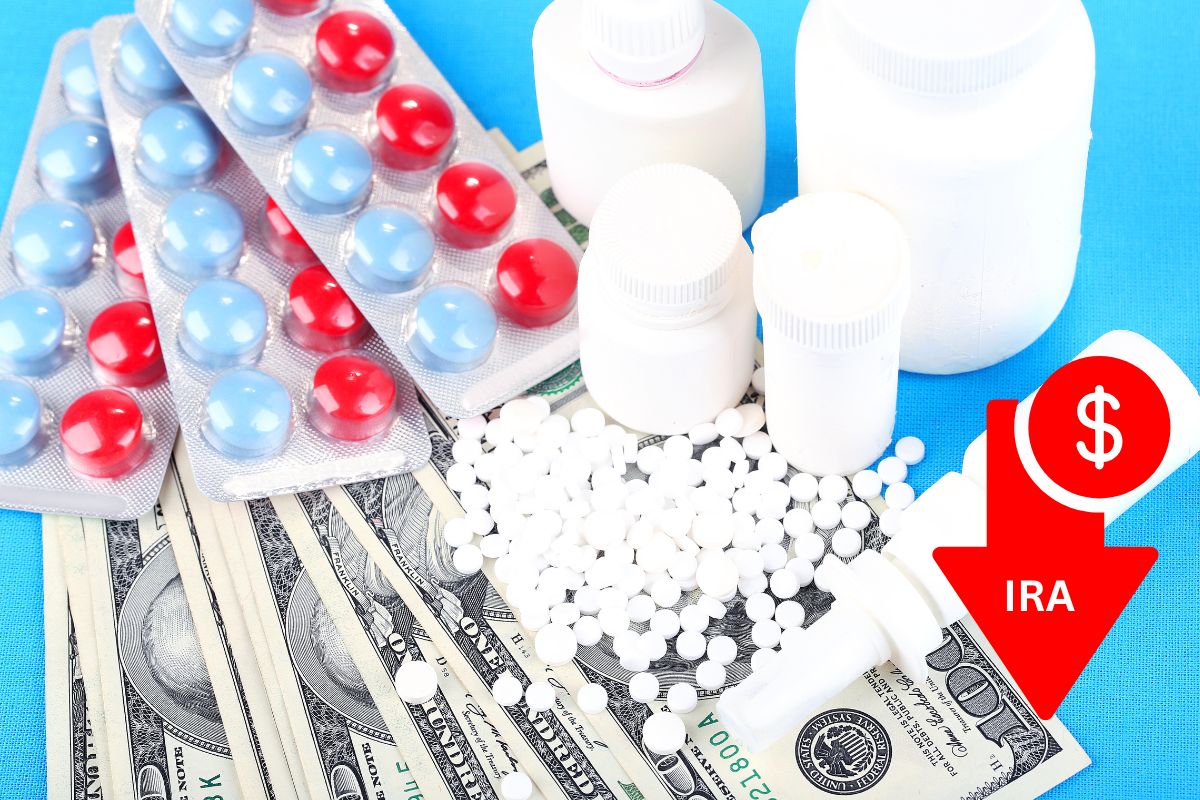This would mean changes to the way the Inflation Reduction Act affects prescription medications.
The Inflation Reduction Act prescription drug law developed by the Biden administration went into effect August 16, 2022, and now the president is seeking to use it to scale back prices for commercial insurance as well.
The law provides relief for people with Medicare
The Inflation Reduction Act lowers prescription drug costs for people with Medicare, while solidifying this program for its users moving ahead. The portion of the law reducing the cost of prescription drugs has brought access to medications to many Medicare enrollees.

Biden’s Fiscal Year 2025 budget is taking the Inflation Reduction Act to a new level with the goal of reducing the cost of prescription drugs for millions of additional Americans. This will include the 189 million people in the US under the age of 65 years who are covered by private commercial insurance.
What is proposed for commercial insurance customers
The proposal for the new component of the law would include the following:
Making it possible for Medicare to negotiate additional drug prices
Currently the law restricts its negotiations to a maximum of 20 drugs per year. The change would allow Medicare to negotiate additional drugs that people with disabilities and seniors use most, including heart disease, diabetes and cancer treatment medications.
Increasing the out-of-pocket prescription drug cost cap.
The changes sought would increase the reach of the cap to include all private commercial insurance market plans.
Trial Medicare reduced cost-sharing for high-value generic medications.
The Center for Medicare & Medicaid Innovation is working on a new test model for reducing Medicare Part D cost-sharing for specific high-value generic drugs to $2 for a supply that would last a month. This would lead to cost-sharing limits at $2 for high-value generic medications across all Medicare commercial insurance plans.
Broadening the Inflation Reduction Act’s insurer rebate payment requirements
Drug manufacturers already need to pay Medicare rebates if prices for certain Part B and Part D drugs climb faster than the rate of inflation due to the Inflation Reduction Act. That said, the president is now seeking that Congress also require the same rebates for commercial drug sales.


